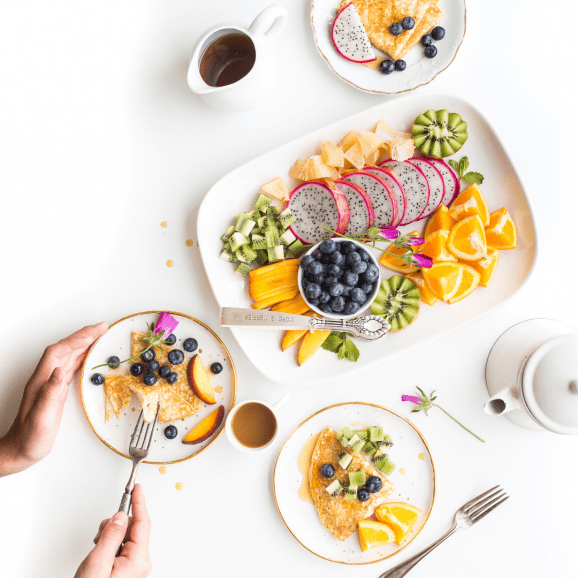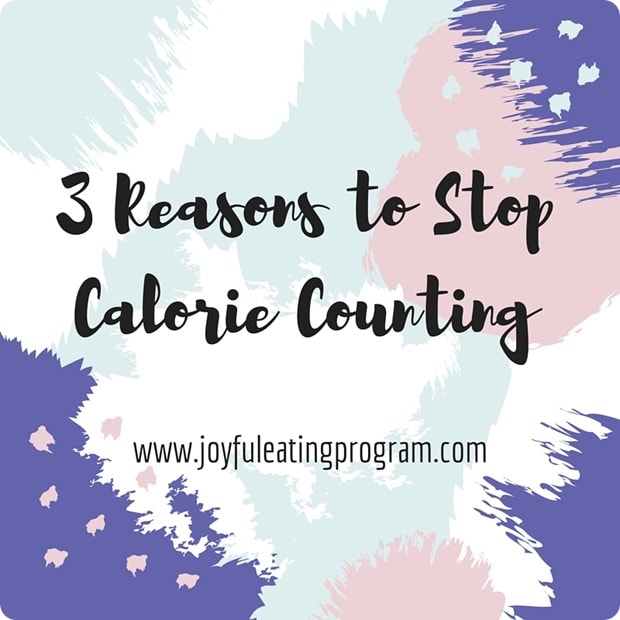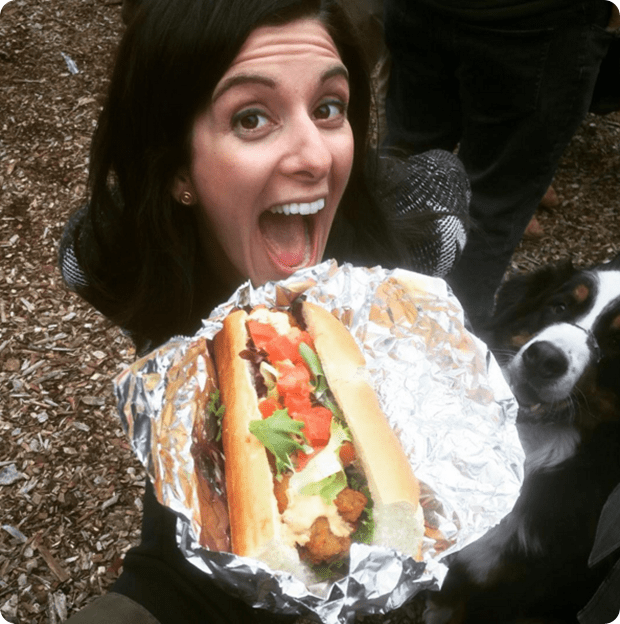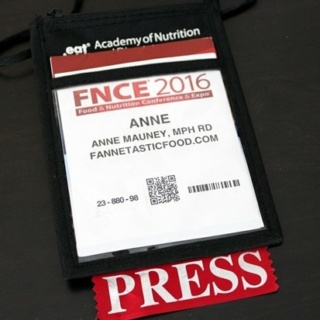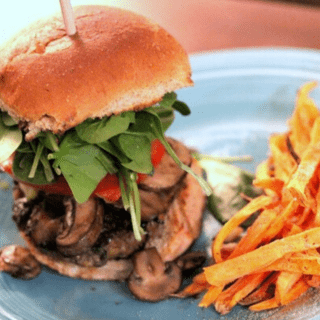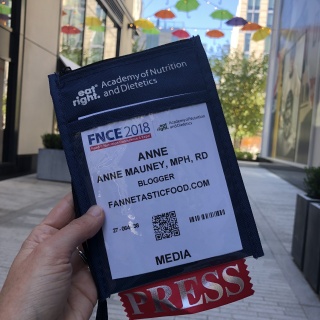Hi there! I’m Rachael, Columbia, SC private practice dietitian, food/wellness blogger at Avocado A Day, and one of the two other dietitians launching Joyful Eating, Nourished Life, the 6 week online intuitive eating program, with Anne. Leading up to the start of our first group, we’ll be visiting each other’s blogs and sharing a bit about the principles behind Joyful Eating. First up, we’re talking calorie counting – and sharing 3 reasons to consider not doing it.
3 Reasons to Stop Calorie Counting
by: Rachael Hartley, RD
Back when I was an undergrad student in nutrition, we were assigned a project to track our intake for a week using an online nutrition database, compare it to the food pyramid and our estimated calorie needs and report back. The main thing I learned that week: Calorie counting turns me into a literal crazy person.
My second day of counting was college football game day. If you live in the South, you know that means – lots of tailgate food and lots of beer. When I tallied it up the next morning, I was appalled. Five thousand calories. According to my calculations, I needed somewhere around 2,200 calories a day (although my experience since indicates I need quite a bit more). But at the time, I was basically freaking out over the fact that I had eaten two days worth of calories in a single day. What was I to do to get my average intake back to that healthy range? Starve myself and eat only a 1,000 calories for two days? Well, why not try? That went about as well as you might expect. I’m sure I ate something like light yogurt for breakfast and a salad for lunch. Absolutely famished by afternoon, my night ended with an uncontrollable binge on (being in college) ramen noodles, microwave mac and cheese and (probably my roommate’s) ice cream bars.
By the end of the week, I was a sobbing, hangry, bloated hot mess who had even more of a perceived calorie excess to make up for. I don’t think I’ve ever felt so out of control with my own eating. I wondered: if I can’t manage my own eating, how was I supposed to be a successful dietitian? In the years since, thankfully I’ve discovered that while calories certainly count, you don’t have to count them. And actually, you probably shouldn’t count them, because while calorie counting might seem like a rational way to manage weight, it’s got its fair share of issues.
Here are three of those main issues:
Calorie counts aren’t accurate.
Calorie counting is thought of as this very precise science, but as it turns out, calculating calorie needs and calorie counts of food is much less accurate than you’d think. Online calorie calculators use one of a few different mathematical formulas to estimate your needs, but as all dietitians know, none are very accurate. Sure, height, weight, age and sex impact your metabolism, but so does genetics, body composition, gut bacteria, medications, health conditions and composition of your diet. Even indirect calorimetry, considered the “gold standard” of measuring metabolism, has its faults. Your metabolism can change daily based on stress level, sleep, hydration, where you are in your monthly cycle, and so on.
Counting calories in food isn’t very accurate either. Did you know calorie counts on labels can vary by 50%? That’s because food companies can use different methods to measure calories in their product. Online databases can be even less accurate, as people enter their own data or may have different definitions of “medium” or “average” or “1 serving.”
Calories aren’t equal.
A calorie isn’t a calorie. Mathematically speaking, yes, they are all equal, but how our body uses them? Now that’s different. Calories coming from processed foods, especially simple carbohydrates, are easier to break down so your body absorbs more calories from it. I see this frequently with clients who say they’ve cut calories, yet are gaining weight. In an attempt to limit calories, they turn to low calorie diet food and as a result, are hungrier yet absorbing more calories.
Calorie counting sucks the joy out of eating.
Seriously, do you really want to pull out a calculator every time you sit down at the table? Me either. Calorie counting (or for that matter, fat or carb or sugar counting) takes the joy out of eating and distracts from what truly matters – the internal cues your body sends to guide you towards the types and amount of food that makes you feel best. With calorie counting, you’re stuck in a never-ending cycle of trying to balance calories in and calories out. How exhausting!
That’s why in our Joyful Eating program, we’re teaching non-diet approaches to eating and strategies to get back in tune with your body so you put joy back on the dinner table, where it belongs!
In week one of our program you’ll be starting a food journal of a different kind. Our Joyful Journal helps you identify the triggers, mindsets, and emotions behind your unwanted eating concerns, no math involved! Eating is highly personal and there’s no one size fits all approach – we’ll guide you to figuring out your individual needs and what food makes you feel best.
Are you ready to discover joyful eating and pave the way to a life well nourished? If so, head over to our Joyful Eating website to learn more and sign up for our first group starting in June!


